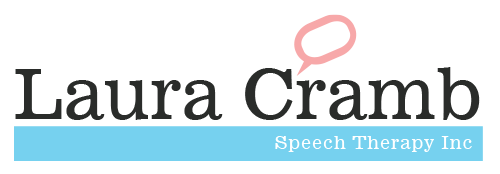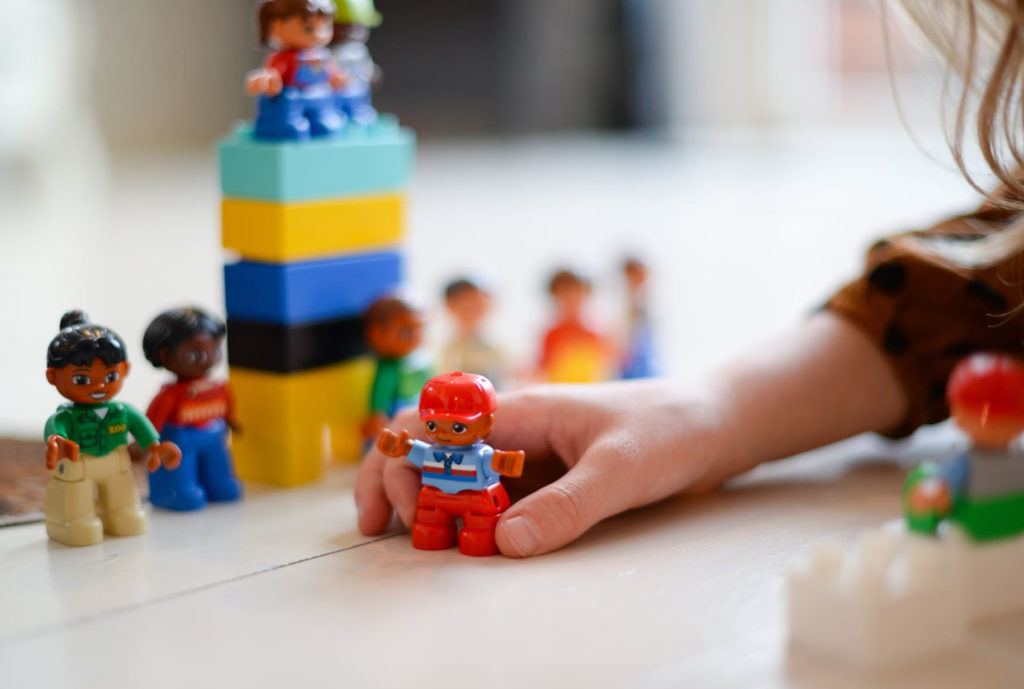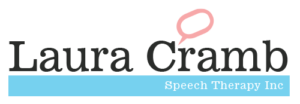Every baby may not speak at the same pace; every child is different. But there are speech therapy activities for toddlers that you can do to help your child learn to talk.
Use simple sounds
Use simple sounds like “da” and “ma” or “ba” and “aa” or “ooh” to babies even when they are newborn. These vowels and consonants have a great response from children. These simple speech therapy activities help your child to talk. As they grow, they listen and try to imitate you.
Speak slowly so baby can understand
Try to use simple words and friendly tones. Your toddler can understand what you are saying if you talk to her face to face. Make eye contact and speak slowly and patiently. If the child repeats the words incorrectly just gently repeat the words in the correct manner, so she understands the difference.
TV does NOT help to get children to talk
Don’t turn on the TV as soon as you get home or have it on constantly when your toddler is in the room. Contrary to what you may think the TV is not considered part of speech therapy activities. Contact with people is crucial in the language development process.
Play with your child
Playing is a good way to communicate with your child and also build motor skills and many other benefits. Allow your toddler to tell you what to do. Stay in the background and do only what you are asked to do. Playing with your child builds confidence without pressurizing your child to talk. Playing is a fun part of your speech therapy activities!
Tell your baby what you are doing
When you are feeding, bathing or changing your child, keep talking about what you are doing. If you are going out, talk about where you are going with him/her in simple language. You will be amazed at the amount of things that tiny brain can store and bring out at the most appropriate times!
Read books
Reading a book with lots of colorful pictures and words is one of the best speech therapy activities there is. Your child will love to look at a book curled up on your lap. Reading gets associated with security and love. This activity can lead your child to a life-long love of books.
Introduce colors and shapes
Show your child colors on colorful building blocks and other items and gently point out the colors and shapes and say out the name of the shape and color as you play with her. Your child learns to distinguish both colors and shapes naturally and at the same time.
Hand gestures
Use lots of hand movements like clapping, peek-a-boo, itsy bitsy spider (fingers crawling up his arm), waving when you leave and other gestures along with the appropriate words. All these hands gestures help the child to associate a word with a meaning and build their vocabulary.
Singing and rhyming
Sing children’s songs and nursery rhyme with your child. It is a vital part of your speech therapy activities. They encourage speech because of the presence of rhythm and rhyming words. It brings your child closer to you; you are both having fun and learning too!
Introduce new words
Add to words your child already says like “doll,” if he/she says doll you say “big doll,” or “pink doll.” Your baby learns other new words and is learning to associate words with each other. Point to you and say “mommy/daddy” and point to him and say his/her name.
Teach them to ask for things
When giving your child something to eat, name it, say “how about an apple? We have red apples. Does baby want an apple or a banana?” Whether it is a shirt or dress in the morning or the choice between eggs or pancakes; children learn to ask for things and make decisions. This activity also can also help in your baby neuro development.
Encourage communication
When your child says something, encourage him by making eye contact. Correct him only by repeating what he/she is saying with the correct words, so the child learns the correct way to say words.
Teach “thank you” and “please” early
Children learn from parents to be polite. Use the words please and thank you when you speak to him/her and while speaking to other family members. Your child will automatically pick up these words too. Get family members to help by cooperating. This activity will also help to groom your child to be a well-mannered adult in future.
Best Toys To Help Your Child’s Speech Development
Nothing work better than using a toy to help with your child speech development. If you ask any Speech-Language Pathologist, they would recommend that the best method is to play with your child and when come to play, toys going to be a helpful tool to help and train up your baby speech and language skills.
While there is ample of toys but not all toys are suitable. You might think that those shiny and colorful Fisher-Price piano that play out ABC music when your toddler pressed the keyboard is perfect but they are not. Electrical toys tend to limit children imagination as the child does not need to do anything while the toys were entertaining them.
The best type of toys to stimulate children speech and language development are those that let your child move around and play with it manually. So, the next trip to Toys-R-Us, look for these main points when you buy toys for speech therapy activities for toddlers:
High-quality and toys that can take a beating.
Toys that your child likes – cars, animals, dolls, painting and etc.
Toys that build imagination (i.e, stacking wooden block toy)
Try not to get battery-operated toys.
Toys that encourage movement activity (i.e, a ball)
Ideal Toys For Toddlers
These are the best type of toys recommended by a Speech-Language Pathologist while you are doing speech therapy activities for toddlers:
Wooden Blocks
Toddlers love to stack blocks. If you get colorful ones with letters on them you can gradually talk about the red block or the one with the letter A. You can teach words like “tall” and “up” and “on.” My friend’s daughter is just one, and she can already find the “red” block!. The Melissa & Doug Deluxe Wooden ABC/123 Blocks Set is the perfect toy for this.




